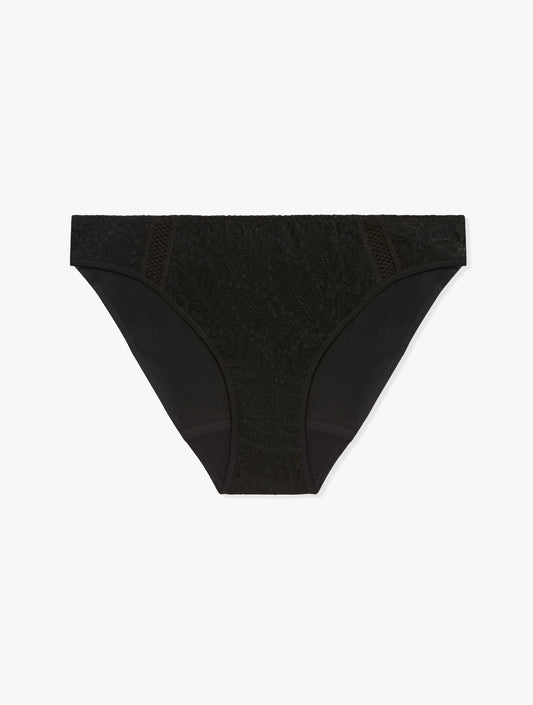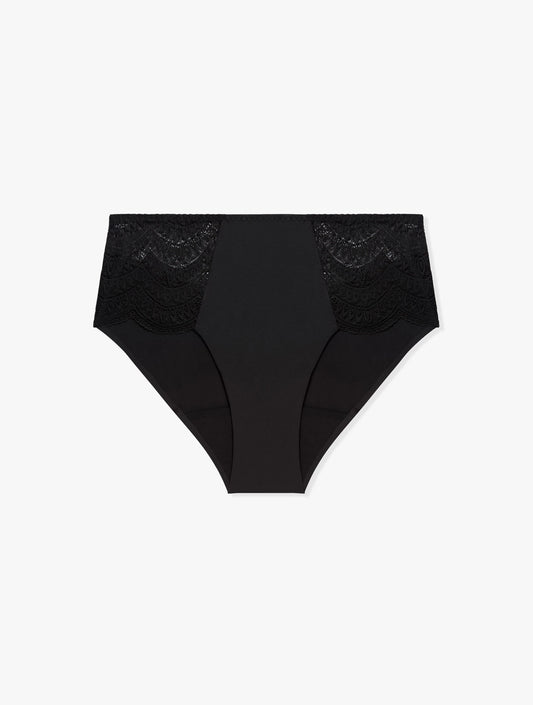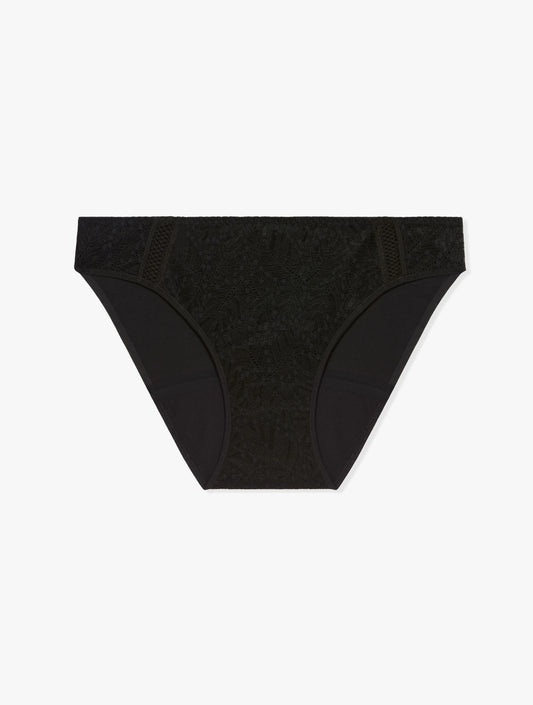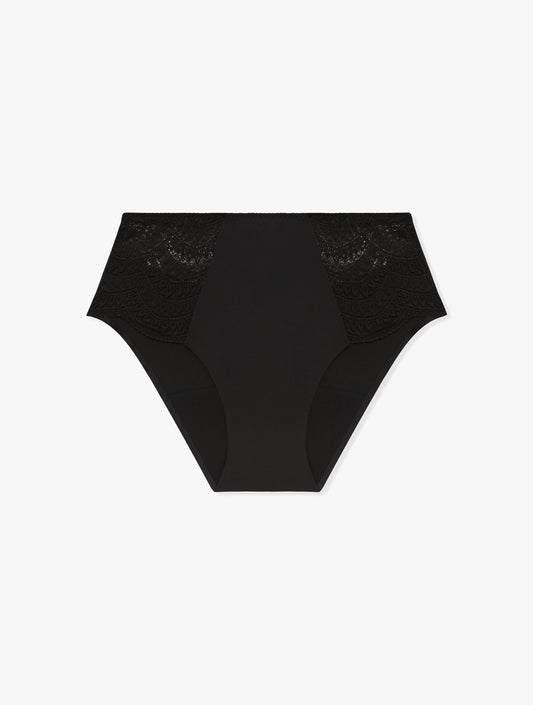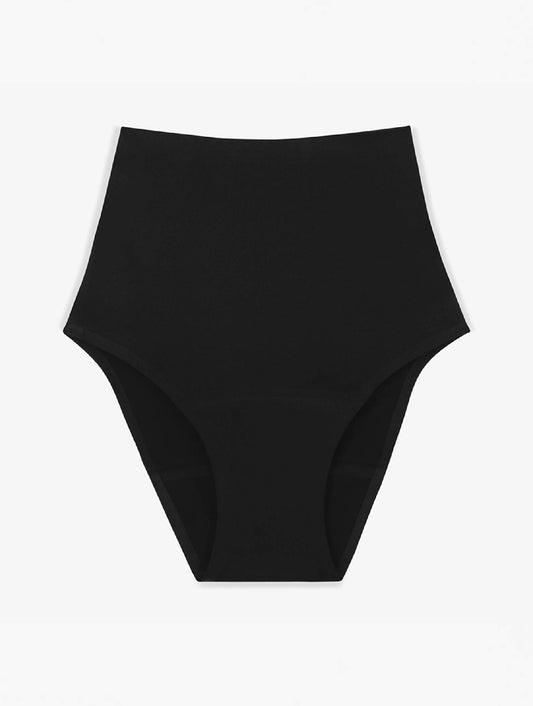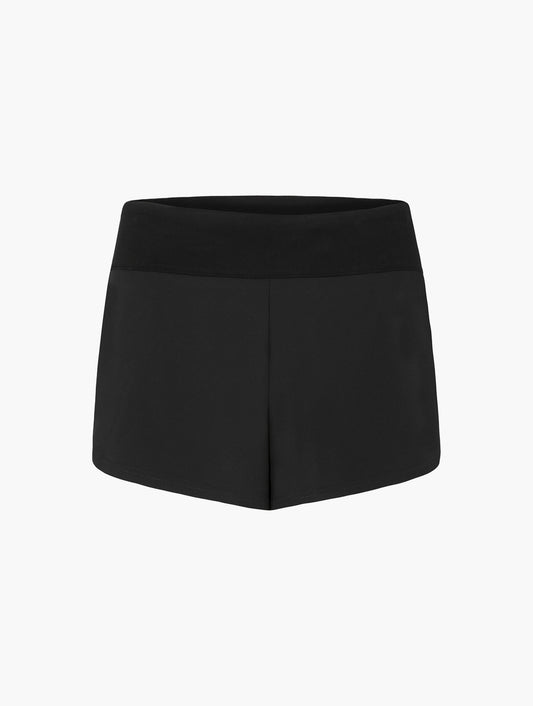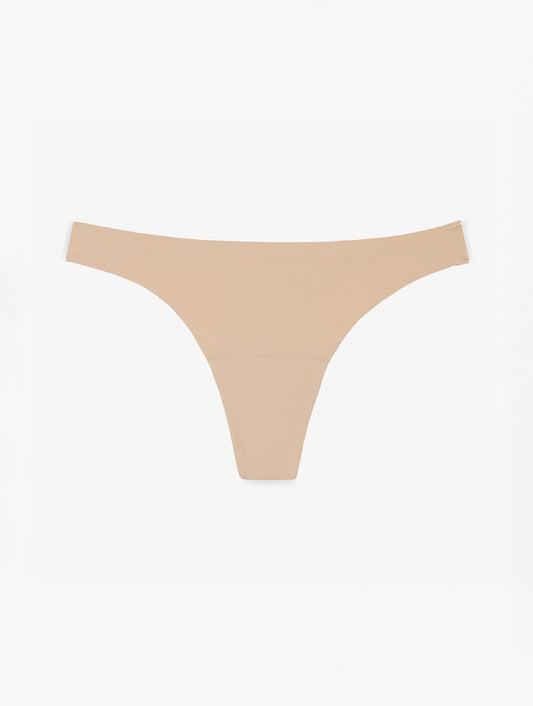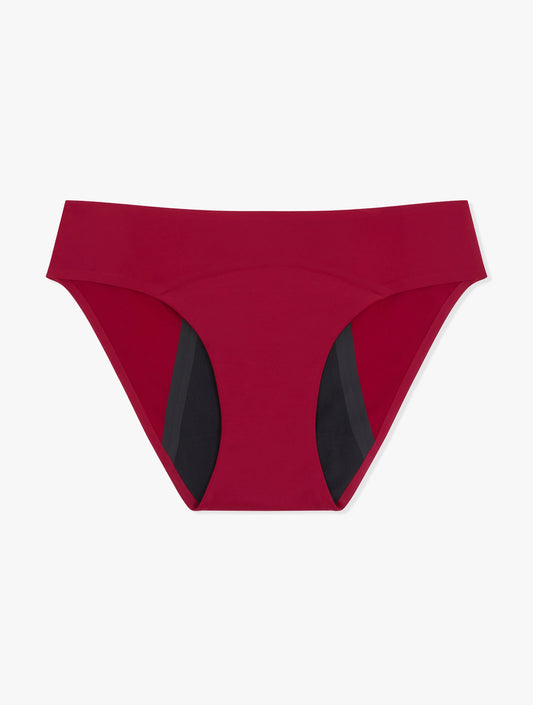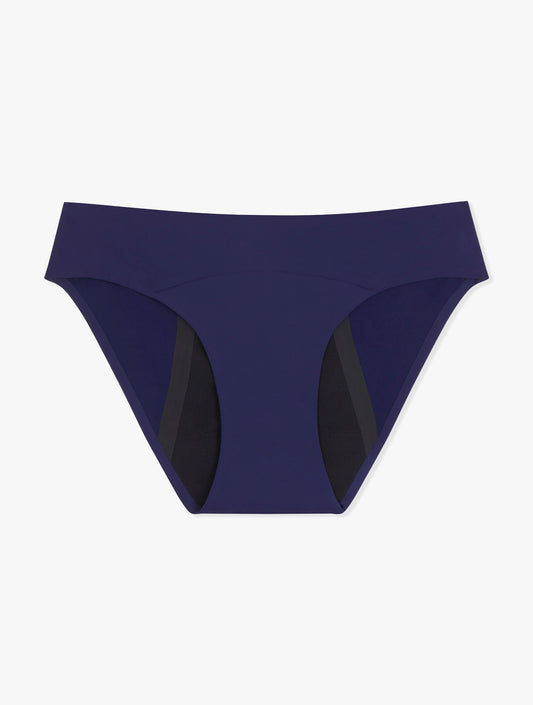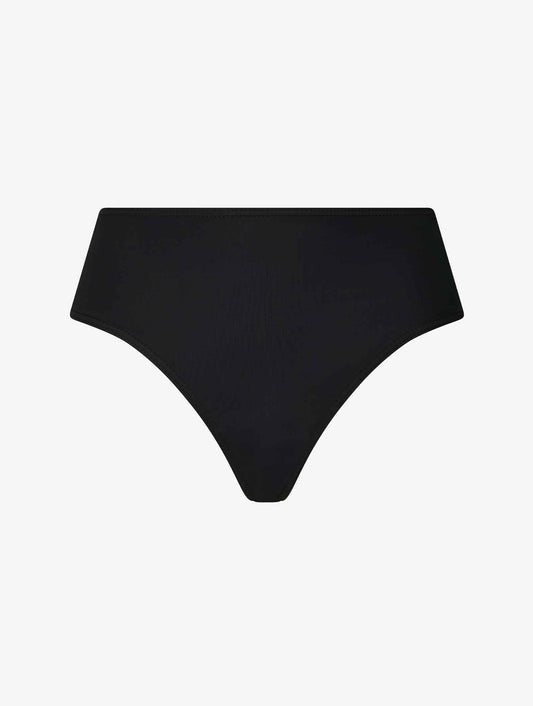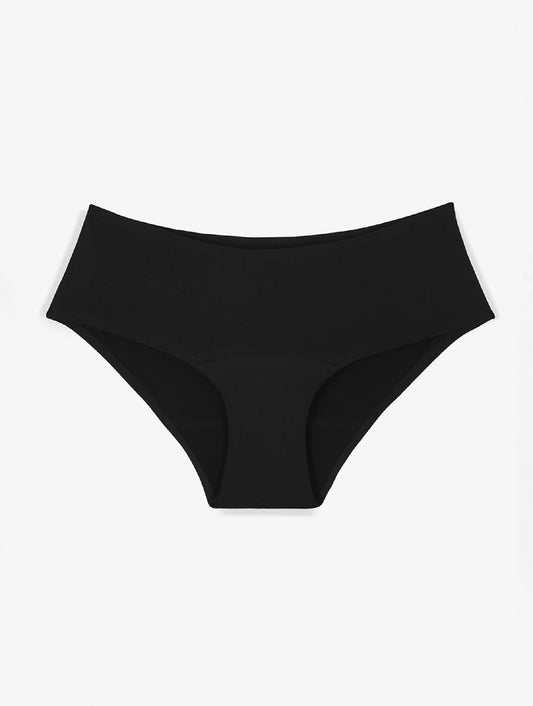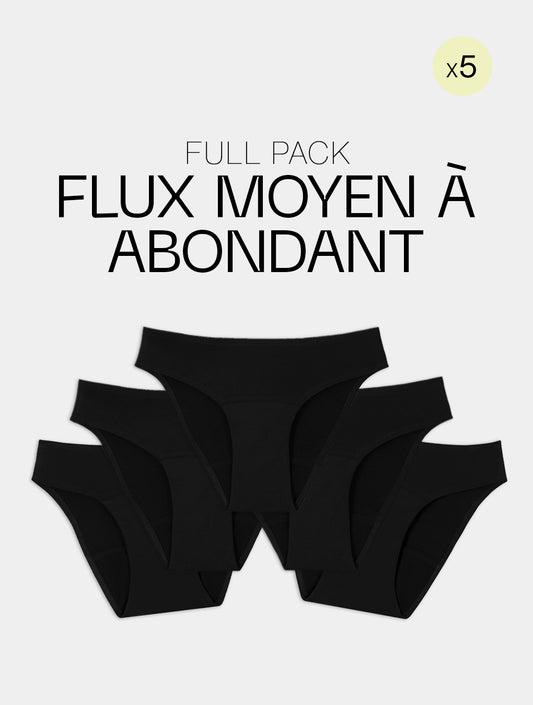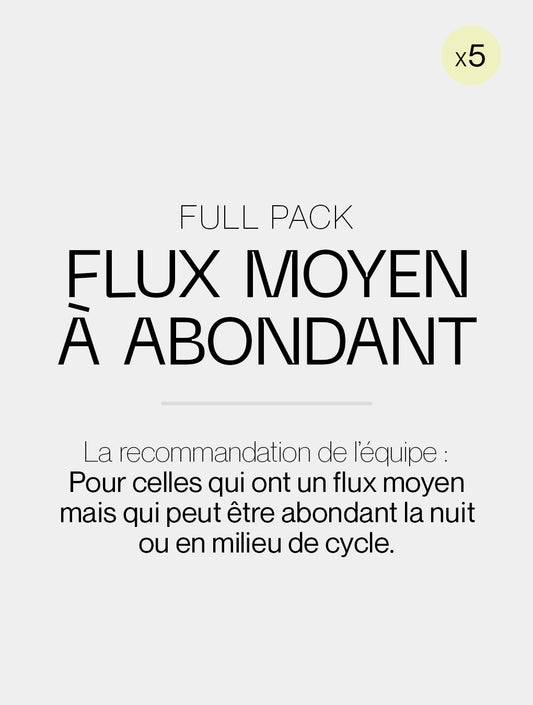Annoying period smell during menstruation: we tell you everything.
During our period, we are sometimes bothered by our smell, especially when we wear external protection. We then wonder if the periodic protection is in question, or if it is we who have “a problem”. First, you should know that our vagina naturally has an odor, and that it varies during our periods. The important thing is to make sure that the odor does not come from an infection. Then, there are certain gestures to adopt (and to avoid) on a daily basis. Finally, and above all, the choice of the right periodic protection. Let's talke about this smelly period.


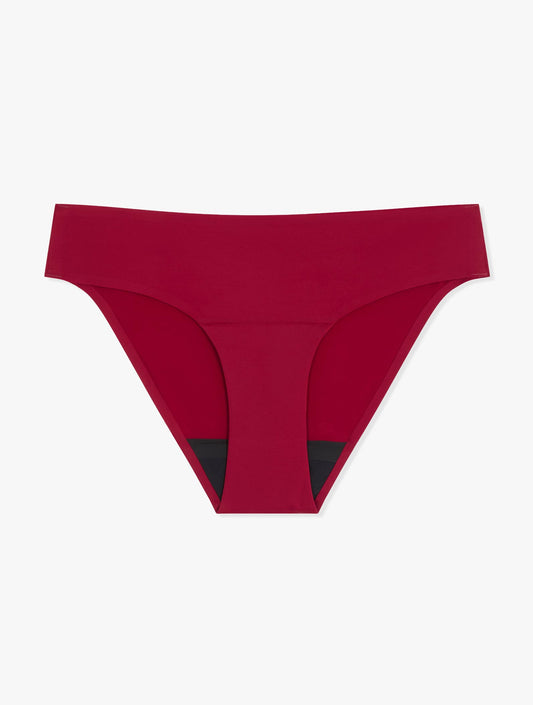



Comfortable and efficient SMOON menstrual panties!
Menstrual blood… is not just blood
The blood that flows through our arteries is made up of plasma, a salty fluid where white blood cells, red blood cells and platelets circulate. Menstrual blood is made up of this same blood, but also of “dead” fragments of our endometrium (the lining of our uterus), secretions from the cervix and vagina, and cells from the vaginal lining. Or bacteria that form our vaginal flora. It is therefore normal that the menstrual blood does not have the same odor as the one we smells when we cut ourselves. A metallic smell due to the iron contained in the blood, but also the normal smell of the bacteria evacuated, a variable smell according to each woman and the pH of her vaginal flora. Its smell will be all the stronger depending on the time spent in the uterus before being evacuated.
Natural smell...
Each woman has her “aroma”, her natural vaginal smell when the vagina is healthy. Ranging from sweet, salty, tangy, musky to fishy it can also vary during the month or the activities. Sometimes reminiscent of that of bread or beer because of the good yeasts in our flora, more metallic as menstruation approaches, slightly "bleached" after sexual intercourse, close to onion after sport... our vaginal odor even changes subtly depending on what you eat ! For example, it is sweeter when you eat a lot of citrus fruits. Our vaginal odor is also slightly close to the tide, this is also natural. We don't smell like roses (everyone knows that and there's nothing to be ashamed of).
… VS vaginal infection
On the other hand - whether during menstruation or outside - if our smell becomes very strong, close to fishy smell in particular, it is surely a vaginosis. This infection is caused by an imbalance of the natural pH of the flora which allows a bad germ, the Gardnerella, to develop. This infection, like mycosis, is benign and can be treated with antibiotic eggs and antifungal creams prescribed by your gynecologist. Be careful, a bad smell can be due to forgetting a tampon inside the vagina and signal a toxic shock . If you have any doubts go to the emergency room.
As for a strong odor after intercourse, it can be caused by vaginosis, but also by the smell of sperm that coagulates at the bottom of the vagina and gives a particular smell as it flows.
Our tips to reduce vaginal odor
The first rule to reduce vaginal odor is to pamper your flora. Indeed, it is the bacteria that are most involved in the odors that can bother you, apart from infection. A balanced vaginal flora is an acid pH between 3.8 and 4.5, regulated by a good bacterium: lactobacillus. If you are prone to recurrent vaginosis or mycoses, you can prevent them by taking regular cures of lactobacilli (in the form of gels or vaginal ovules) but also by eating more natural yogurts that contain them. Then, make sure to stay dry, by wearing underwear that absorbs perspiration (rather cotton), and rinse your vulva without soap regularly during your period, in order to eliminate bacteria. The rest of the time use a neutral pH soap.
Here is also what you absolutely must avoid so as not to cause the odors that bother you:
- douching, which damages the flora (the vagina is a marvelous self-cleaning mechanism)
- perfumed gels or soaps (these perfumes disturb the intimate pH)
- the excess of sugar and alcohol which favor a welcoming ground for the germs involved in mycosis or vaginosis
…choose the right periodic protection!
As we saw above, period blood contains bacteria and cells responsible for certain odors, which are natural. To reduce them, but also to avoid any maceration, it is important to change your periodic protection every 4 hours if it is disposable. You should know that most sanitary pads and tampons contain chemicals that are harmful to the vaginal flora. The top is therefore to choose a biological protection. And even better, a washable protection (and zero waste ) made with a draining and antibacterial fabric. Smoon period panties use innovative OEKO-TEX® STANDARD 100 certified technology , a global label guaranteeing a product without harmful chemical substances. But also anti-odor technology containing silver wire , known to destroy bacteria responsible for smelly blood period! Our panties respect your vaginal flora, and eliminate odors due to bacteria contained in menstrual blood as much as possible. There may appear an odor at the end of the day which is not due to our panties, but to the natural vaginal odor of each one. We repeat, it's normal, natural, our vagina has its aroma and this one, we don't remove it : )
Finally, remember to clean your period panties thoroughly after use, again to neutralize any odors.
By Elise

